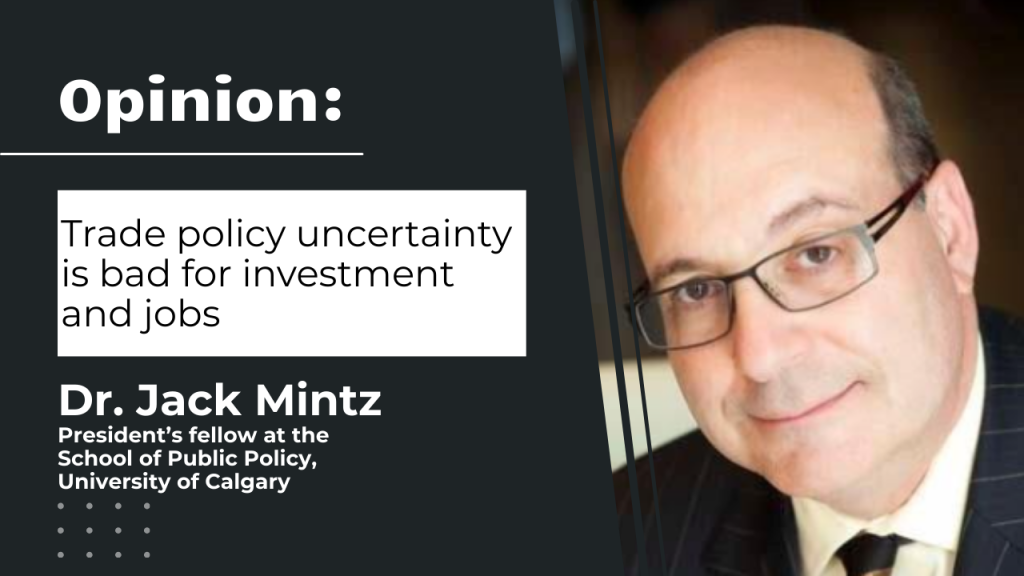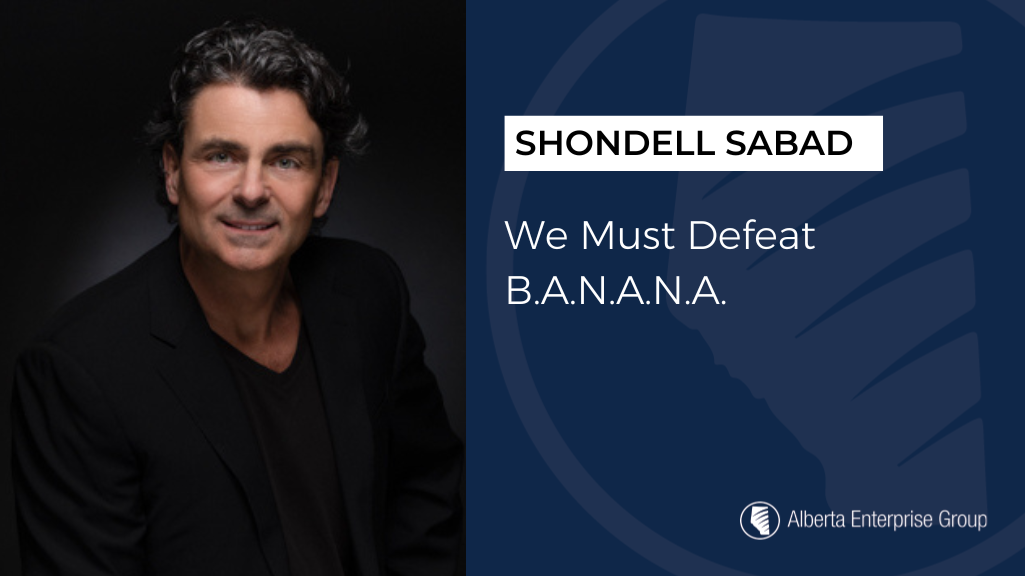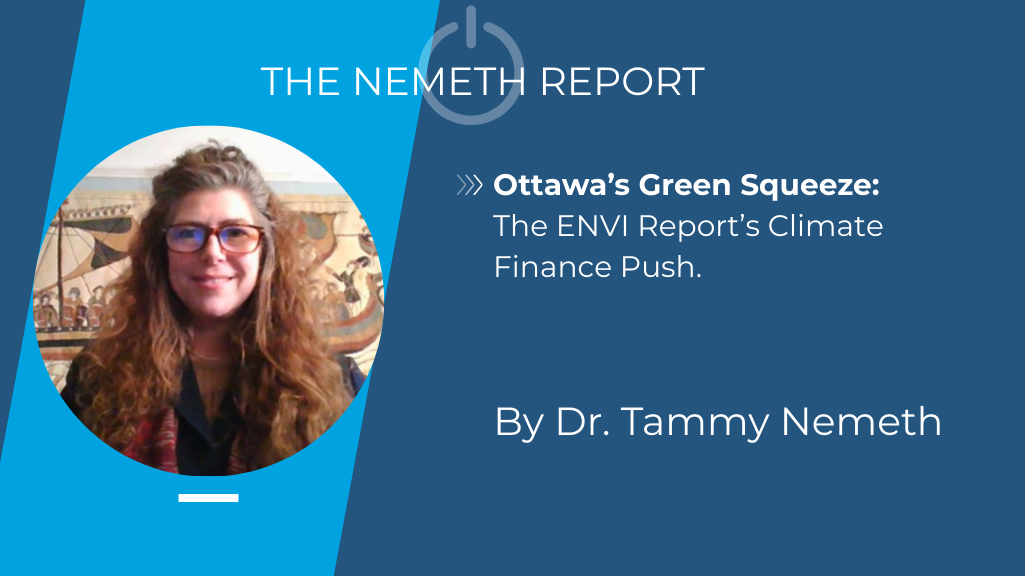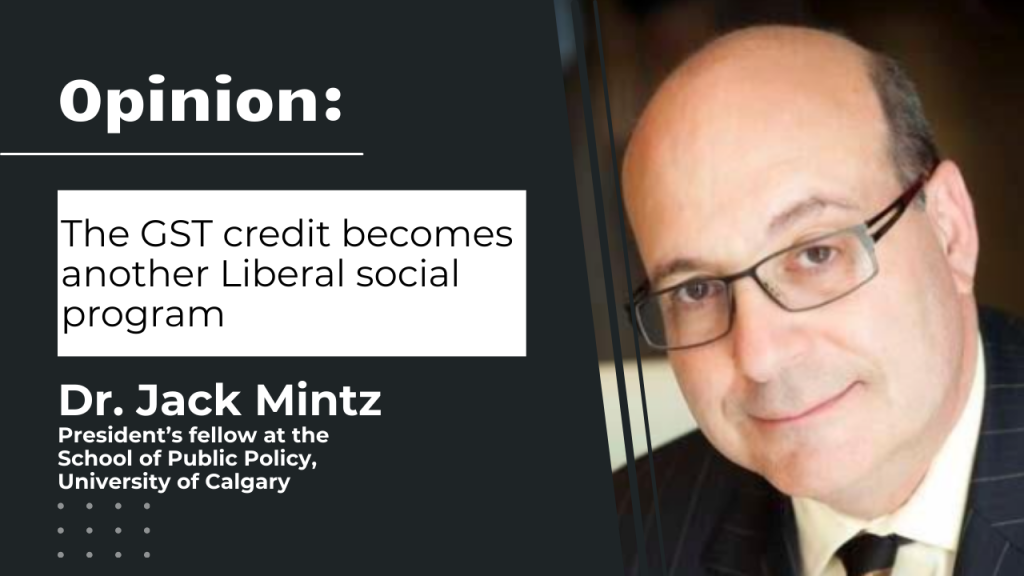Trade‑policy uncertainty is shown to suppress business investment, with Canada alone estimated to have lost roughly $108 billion since the onset of heightened tariff disputes. When firms face unclear trade rules, irreversible projects are postponed, slowing GDP growth and job creation. A stable, low‑tariff environment is therefore essential for revitalizing investment flows.
Stephen McBride’s “We Must Defeat B.A.N.A.N.A.” explores how excessive regulation is quietly strangling innovation in the U.S. and Canada. Drawing on 40+ founder conversations – from nuclear energy to AI and aerospace – McBride shows how a “Build Absolutely Nothing Anywhere Near Anything” mindset delays projects, favors incumbents, and drives capital away from ambitious, real-world innovation.
Alberta’s recent auto insurance reforms – including the Care First no fault model, the annual excess profit review, and strict rate cap limits – have been blamed for driving insurers out of the province. Premiums now sit near $1,835 per driver, the second highest in Canada, while market competition dwindles and consumer choice erodes.
In conjunction with other organizations, AEG filed a constitutional challenge against the federal “green washing” provisions of Bill C 59. Targeting sections 236 and 239 of the Fall Economic Statement Implementation Act, the suit argued the amendments to the Competition Act unjustly restricted Alberta businesses’ ability to discuss environmental impacts, threatening both free speech and provincial economic vitality.
Canada’s global standing and economic strength have diminished from past prominence. Trade influence, military capacity, and social services have been reduced, while national debt and overall economic performance have weakened. Declines in historic contributions, international engagement, and economic growth signal deep seated strain and call for urgent policy attention.
The Synapse Data Centre in Olds leverages strategic proximity to Calgary, Edmonton and Red Deer, reliable energy, fibrr‑ready land, and innovative water‑saving cooling. Market‑driven and backed by municipal support, the project promises lasting jobs and economic growth for Alberta’s SMEs, showcasing how large‑scale tech investment can coexist with environmental stewardship.
Canada’s energy future is at a crossroads. While leadership promotes an “energy superpower” strategy, emerging climate finance mandates risk sidelining conventional energy sectors through tougher financing rules buried within policy frameworks. These shifts could challenge energy firms & reduce competitiveness unless strategic reforms & clearer policy coordination are pursued to harmonize climate goals with economic resilience.
The GST credit, renamed the Canada Groceries & Essentials Benefit, receives a 50% boost in its first year and a 25% lift for the following four. While framed as a relief for low income Canadians facing soaring food costs, opponents argue the program merely repackages an existing rebate – groceries are already tax free – into a new liberal leaning social handout.
Emily Kneteman is the Director of Health and Technology at Alberta Counsel, supporting multinational organizations with Canadian investments and promoting Alberta’s innovation ecosystem. She connects industry, community, and government partners and brings experience in economic development, fundraising, and community building.
A shifting global landscape is being reshaped by rising great‑power competition, economic weaponisation, and waning faith in traditional multilateral institutions. Middle‑power nations are urged to form flexible coalitions and pursue pragmatic, value‑based realism to safeguard stability, trade, and security amid an emerging “world of fortresses.”











